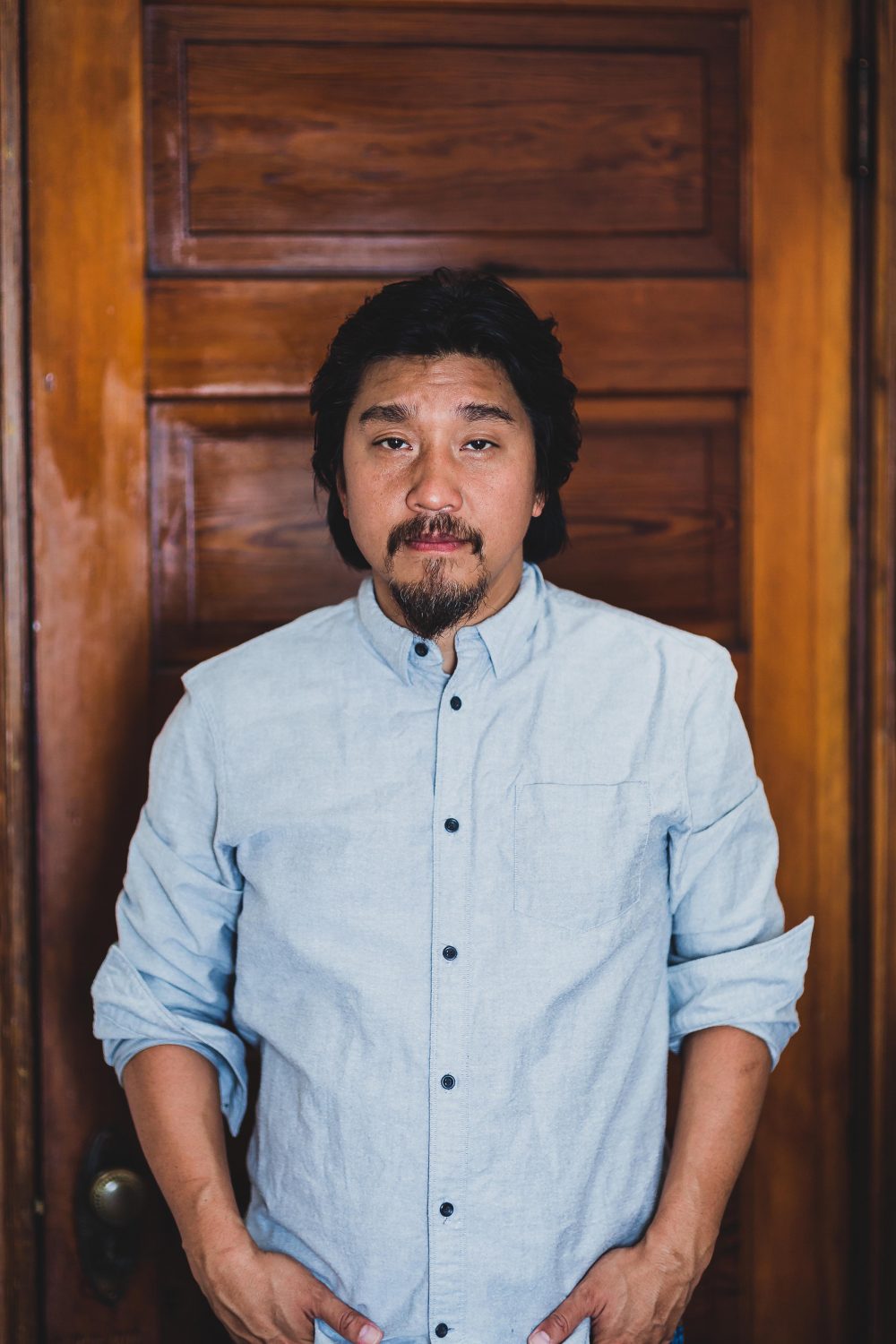When Kentucky enforced statewide restaurant closures last month, chef Edward Lee knew that he couldn’t stop feeding people. Less than 24 hours after the announcement, he had converted his Louisville restaurant 610 Magnolia into a relief center for laid-off restaurant workers and started distributing food and essential supplies. Hundreds showed up that first day, surpassing any expectations he or his colleagues had. In the weeks since, his non-profit, the LEE Initiative, has united a network of independent restaurants to undergo the same transformation in cities across the country. Collectively, they’ve served over 100,000 meals.
On this week’s episode of Milk Street Radio, Lee spoke with Christopher Kimball about assembling this coalition, why the hospitality industry is uniquely equipped to provide aid during emergencies and the crucial cultural role of independent restaurants. Get a look at our interview from the excerpts below, and listen to Lee’s full conversation with Christopher Kimball on our website or via Apple Podcasts here.
On the immediate decision to open a relief center
The director of The LEE Initiative, Lindsey Ofcacek, really drives the whole thing. She sat there and said, well, you want to feed people. We had done this last year when there was a government shutdown. We turned our catering kitchen into a relief center, and we fed the TSA workers. We did that for a three week stretch and it worked really well. We had kept all the business models for that–we had the blueprint, how much it cost, how many people to run it, how we're going to do logistics. So we went back to that document and said, sure, we can do this. We can feed our peers.
On recruiting other restaurants across the country
The first call I made was to Nancy Silverton in Los Angeles and the second call I made was to Edouardo Jordan in Seattle. Both chefs came on board instantly, and we were able to activate both of their kitchens within two or three days. I activated my restaurant [Succotash] in DC. And we had Jose Salazar, a good friend of mine, activate in Cincinnati. By the end of that first week, we had five kitchens up and running, and every single one of them was was overrun with people.
On what a total mobilization of the restaurant industry could look like
There are so many grassroots movements popping up all over the place. But, do I wish that the federal government would step in and say, listen, we need to mobilize 50,000 kitchens across America, in every city, town and state? We need to give money to all these chefs and restaurants to mobilize them to work and to feed not just the hungry, the poor and the needy, but feed everyone. That would be amazing. That would get the economy back. Right now, we have millions of restaurant workers, trained, skilled chefs who could be cooking food that are out of work. We have hundreds of thousands of restaurants just sitting idle. It's a waste of resources. It's a waste of space. It just kills me to think that we could be feeding America.
On why independent restaurants are vital to their communities
Anytime there's a tragedy, anytime there's a hurricane or a tornado, anytime there are people in need, the independent restaurants are the first ones to step up. Not the chain restaurants, not the fast food restaurants. Independent restaurants always step up in ways that are creative and meaningful, in ways that make you understand that they are part of the fabric of a community. Just imagine a world without that, where you don't have that special place to take your wife on your anniversary. You kid for graduation. We create memories, we create art, we create experiences, we create things that you just cannot replicate in chain restaurants. That's why the independent restaurant movement has blossomed over the last two decades. We realize how important they are and how much joy they give us.
On the cultural importance of restaurants
Think about how much we learn culturally from other people through restaurants. Whether we go to an Israeli restaurant or a Mexican restaurant, there's so much transference of culture and knowledge and respect. It's a shared experience that happens at these cultural restaurants all across America. We just got to this beautiful place, celebrating restaurants of culture, restaurants of people of color. It's come to a grinding halt right now. There's a huge risk of this being stopped or failing. We have to keep thinking about these people.
Quotes have been edited for clarity.
See here for more from Milk Street Radio, and join the conversation on Facebook, Twitter, Instagram and Pinterest.



